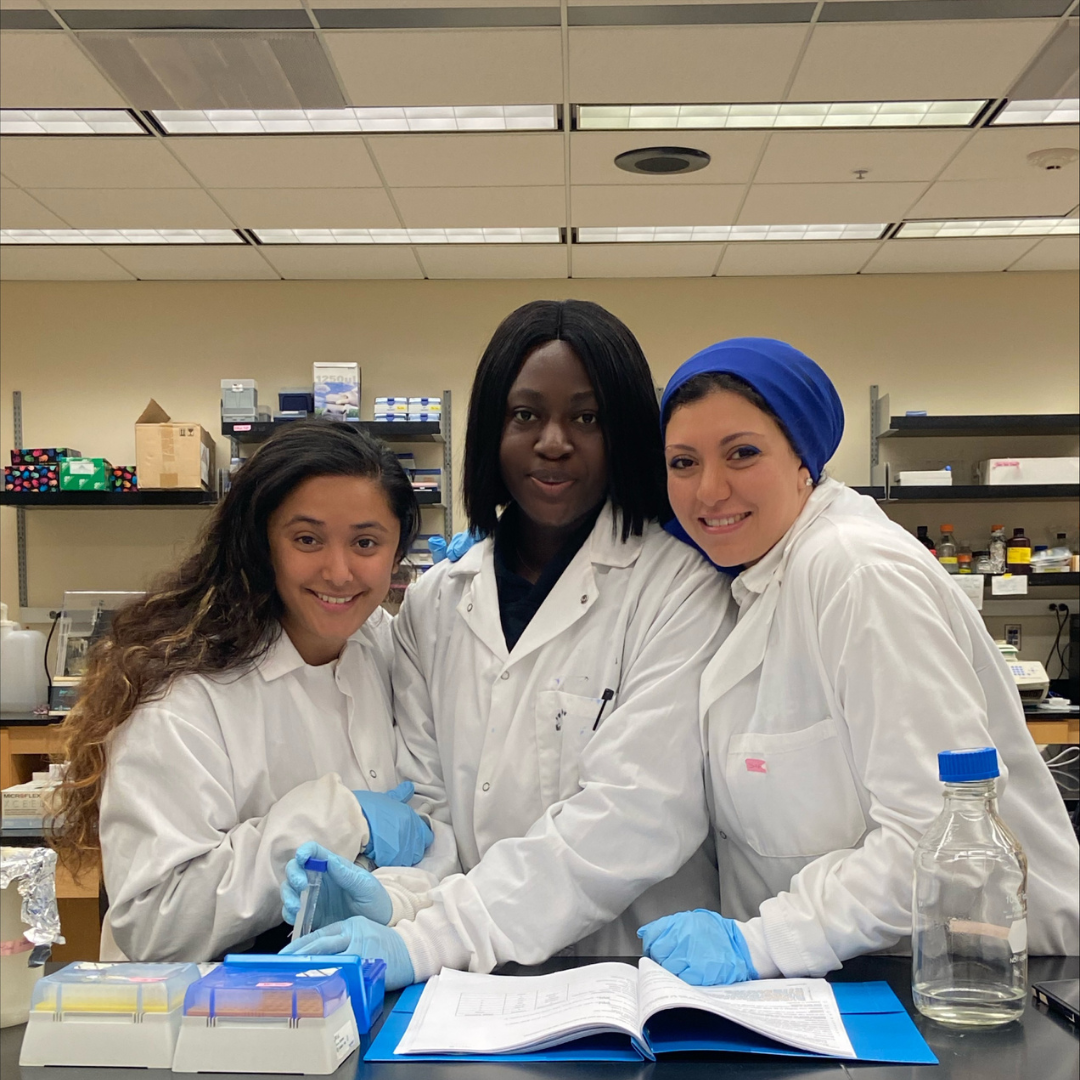Curricular Practical Training (CPT)
Curricular Practical Training makes it possible for F-1 students to gain specific practical work experience required by an established degree program. Such training must be
an integral part of the curriculum, and the student must be receiving academic credit.
It provides legal authorization for the F-1 student to be in a work environment whether
or not payment of wages is involved. Required internships, practical and other work
requirements as listed in the Texas Tech catalogs are examples of such programs. In
certain circumstances, graduate students who must work for an employer while doing
thesis or dissertation research might qualify for CPT. Questions concerning the appropriateness
of CPT in specific situations should be addressed to an International Student Counselor.
work experience required by an established degree program. Such training must be
an integral part of the curriculum, and the student must be receiving academic credit.
It provides legal authorization for the F-1 student to be in a work environment whether
or not payment of wages is involved. Required internships, practical and other work
requirements as listed in the Texas Tech catalogs are examples of such programs. In
certain circumstances, graduate students who must work for an employer while doing
thesis or dissertation research might qualify for CPT. Questions concerning the appropriateness
of CPT in specific situations should be addressed to an International Student Counselor.
A student must have been in F-1 status for an academic year to be eligible for CPT. A graduate student whose degree program requires a practicum to begin immediately may be eligible for an exception to this rule. In certain circumstances, time spent in full-time study in another immigration status may count toward satisfaction of the rule.
Curricular Practical Training is authorized by an International Student Counselor with an endorsement on your I-20 form. No application to DHS or an EAD card is required. The I-20 endorsement provides specific dates for beginning and ending authorization and specifies the employer and site of work. The endorsement must be obtained before work begins.
Curricular Practical Training can be either full-time, which does require at least a minimal enrollment, or part-time (up to 20 hours per week of work), which requires full-time enrollment. Full-time CPT of 12 months or more makes F-1 students ineligible for subsequent Optional Practical Training.
Curricular Practical Training would have to be tied to a concurrent class which requires employment, and we only authorize CPT on a semester-by-semester basis. For example, summer CPT must be tied to summer class (employment can start after spring ends, but employment should end before fall starts). Fall CPT must be tied to fall class (employment can start after summer ends, but employment should end before spring starts). Spring CPT must be tied to spring class (employment can start after fall ends, but employment should end before summer starts).
Application Procedures:
|
International Affairs
-
Address
601 Indiana Avenue, Lubbock, TX 79409-5004 -
Phone
806.742.3667 -
Email
oia.reception@ttu.edu
